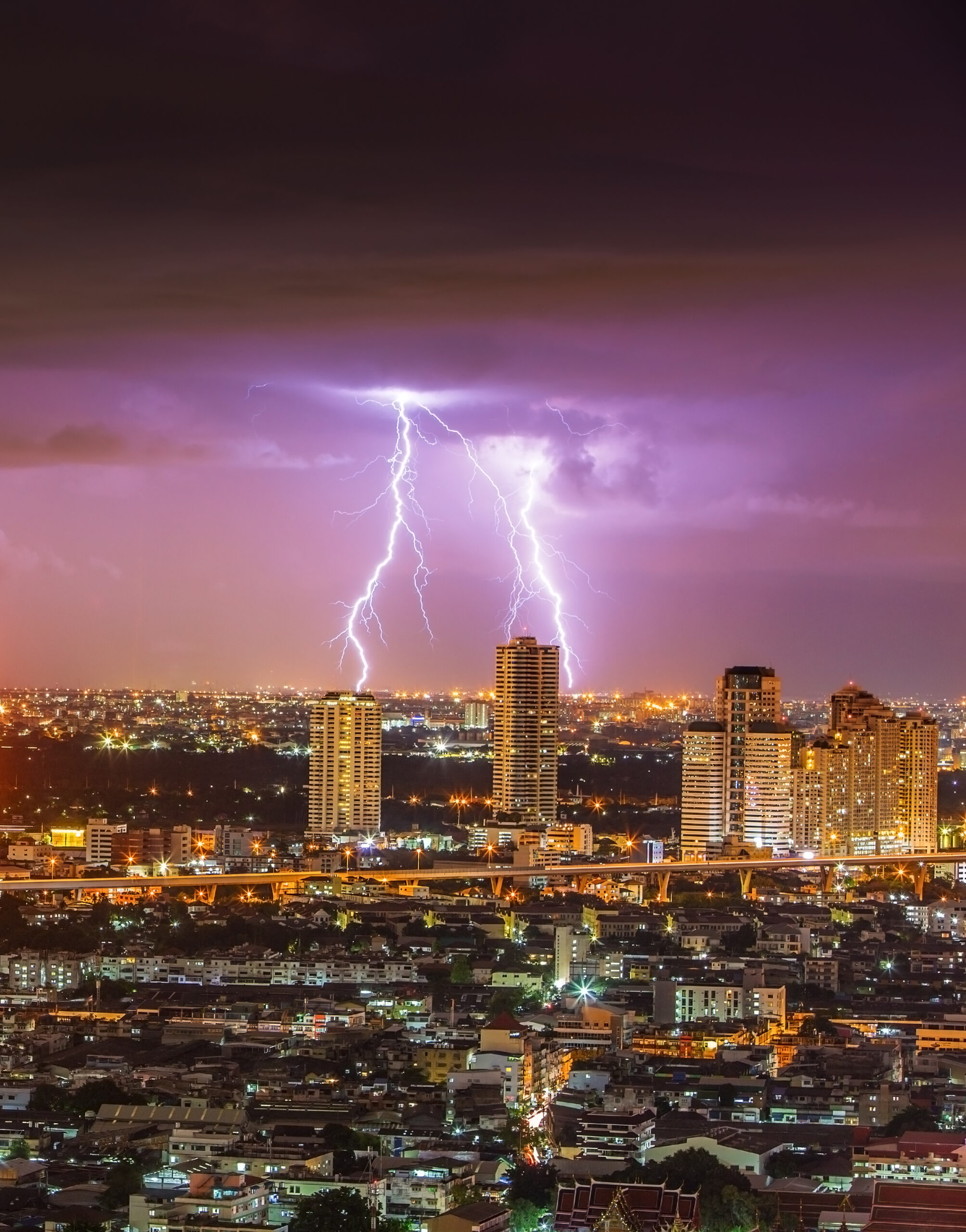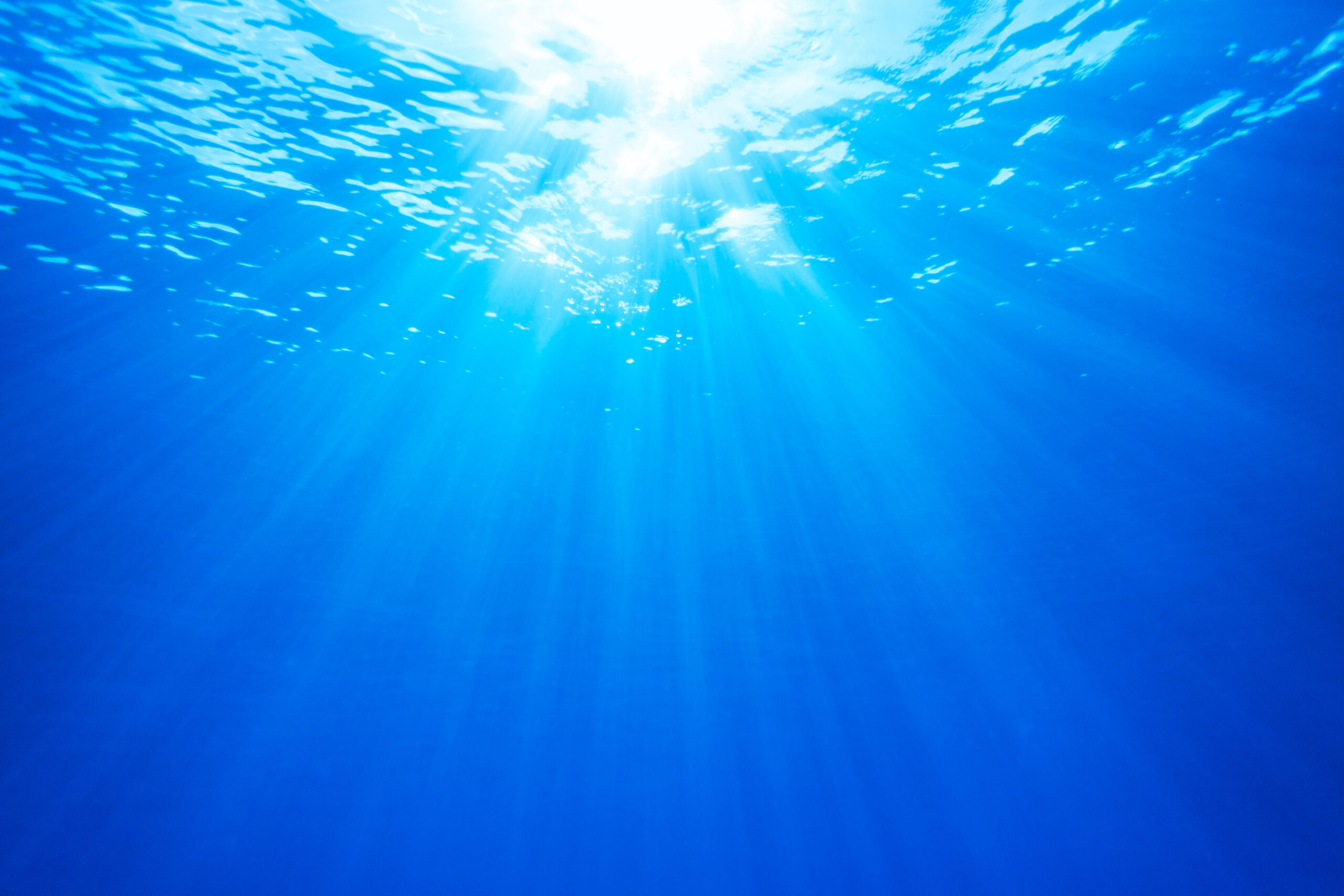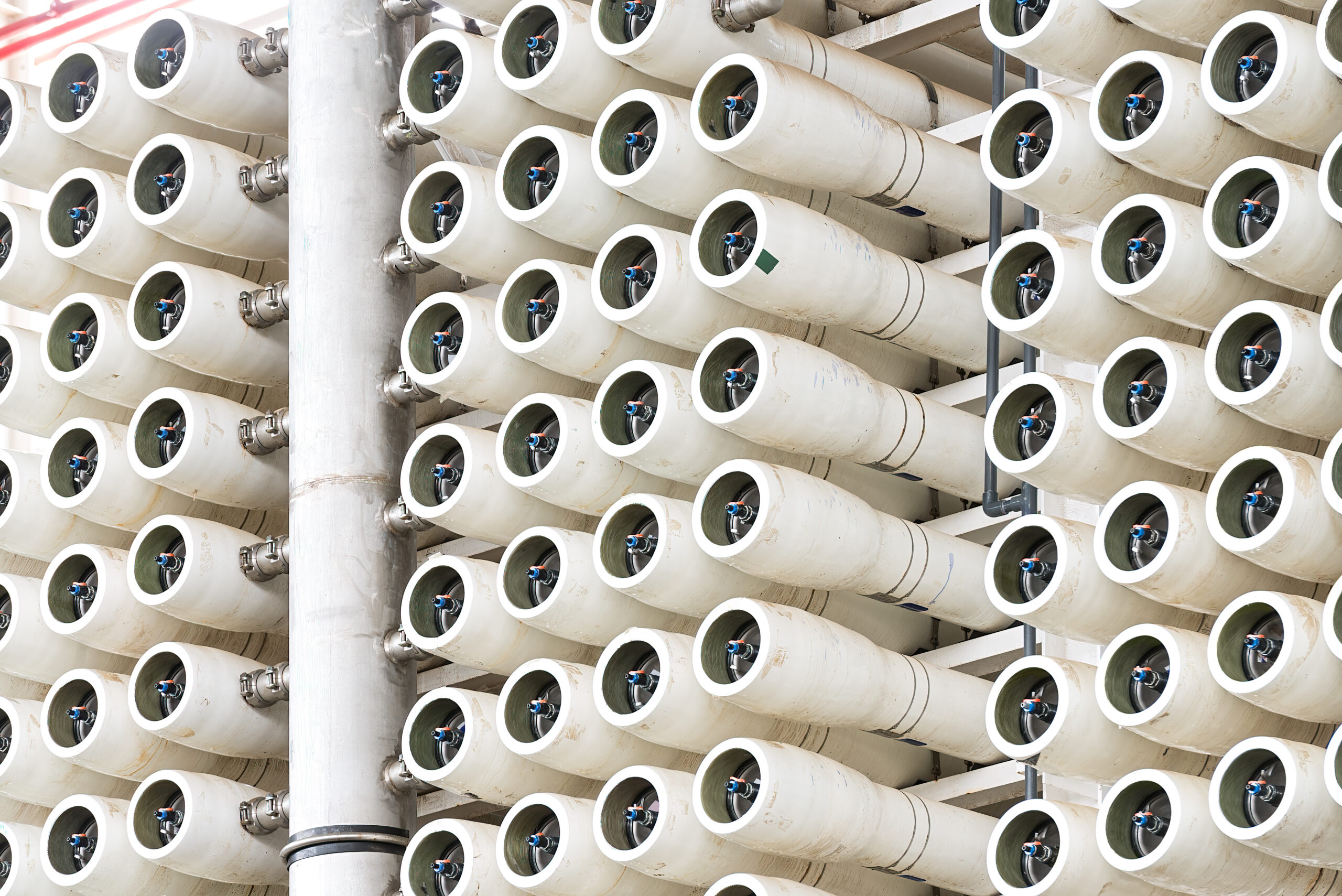what does it mean to be resourceful?
Being resourceful means being aware of how you use resources, then choosing to use them responsibly. It means understanding how energy and water combined make life possible, and how our actions affect the future.
Water and energy depend completely upon each other, coming together in the energy-water nexus. We need water to produce electricity, and energy is required to extract, treat and deliver water. The choices we make to generate energy alter the global and the local climate, which affects the availability of water to cool our generation plants.
At resourcefulness, our goal is to improve water and energy literacy, encourage conservation, and inspire the next generation of innovators.
what’s your RQ?
take the resourcefulness quiz
Being resourceful is all about combining what you know and what you do when it comes to energy!
First, let’s see what you know!
Which of the following is true about the relationship between land and renewable energy?
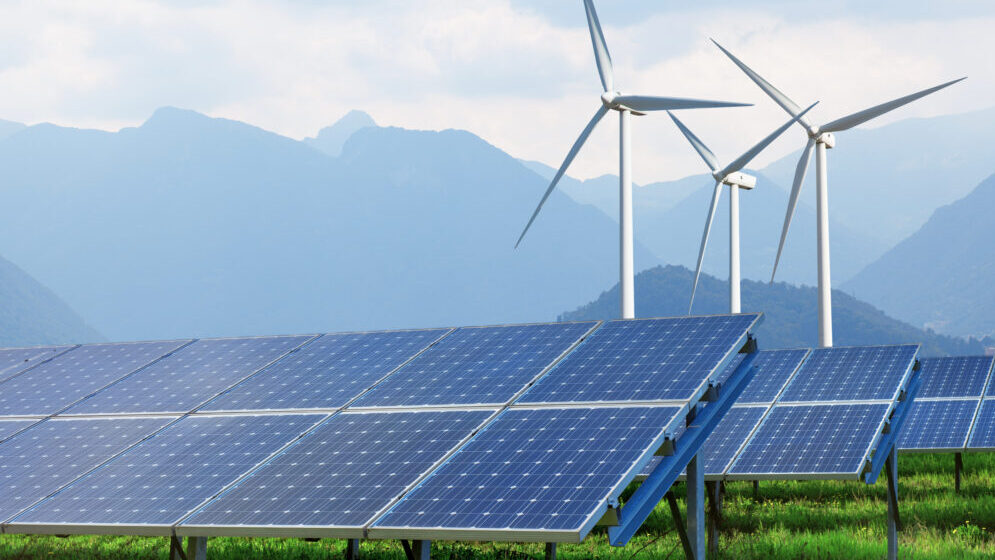
Renewable energy generation sites are often suitable for dual use.
Renewable energy generation sites are mostly located in densely populated regions or those that compete with land for agriculture.
Renewable energy always damages the land it requires.
Renewable energy usually requires very little land.
Excellent!
There's room to learn!
Earth’s global distribution of water shows that:
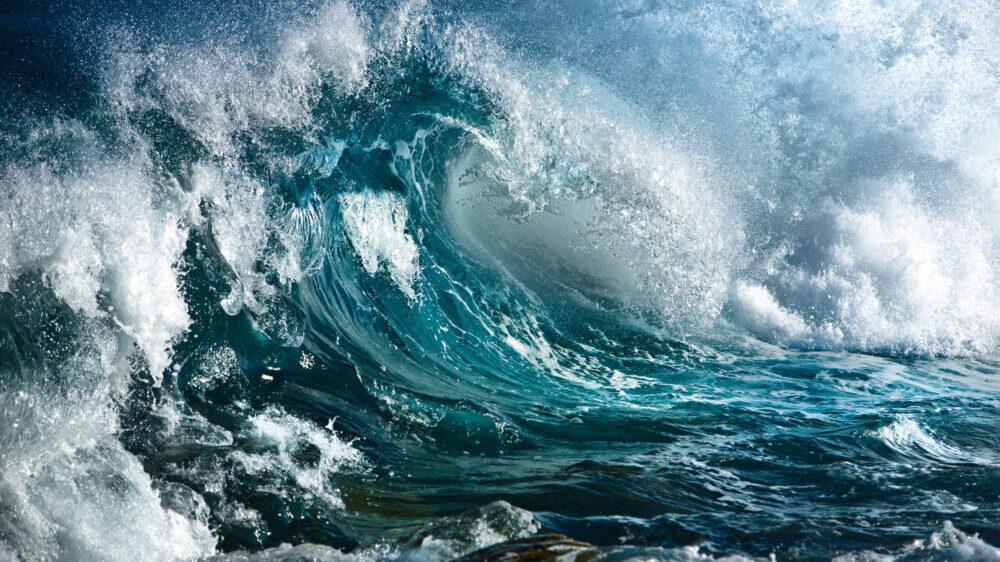
There is little fresh water available, but it is very easy to convert, transport, and purify.
Fresh water mostly comes from oceans.
Earth has plenty of fresh, accessible water.
Only a small amount is easily accessible, fresh water.
Excellent!
There's room to learn!
Environmental degradation increases constantly and linearly with economic growth.
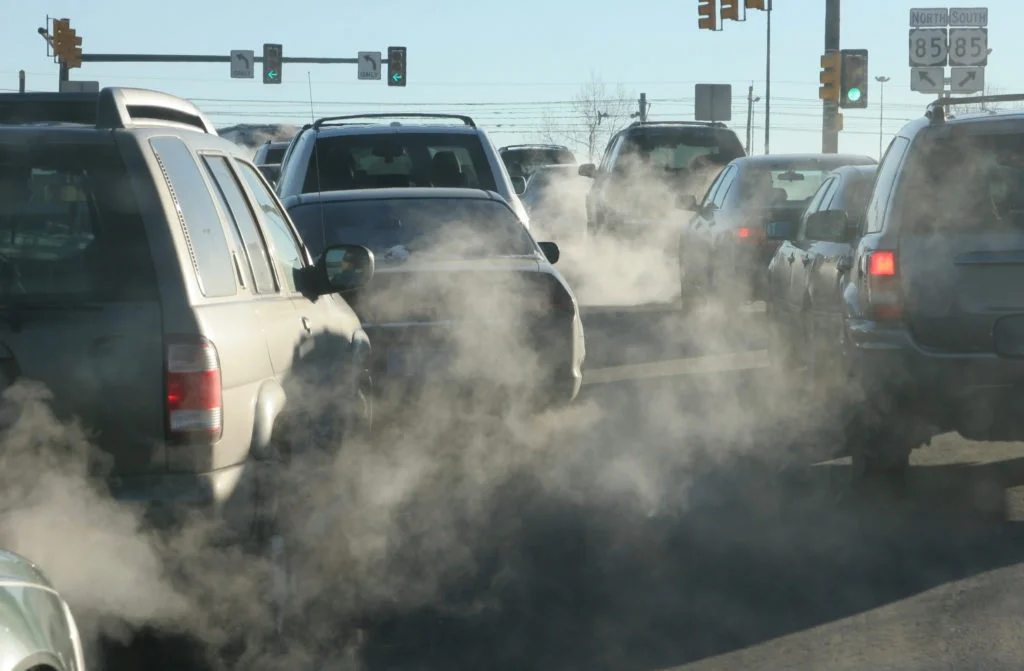
True
False
Excellent!
There's room to learn!
Which sector in the United States is responsible for the most water withdrawal?
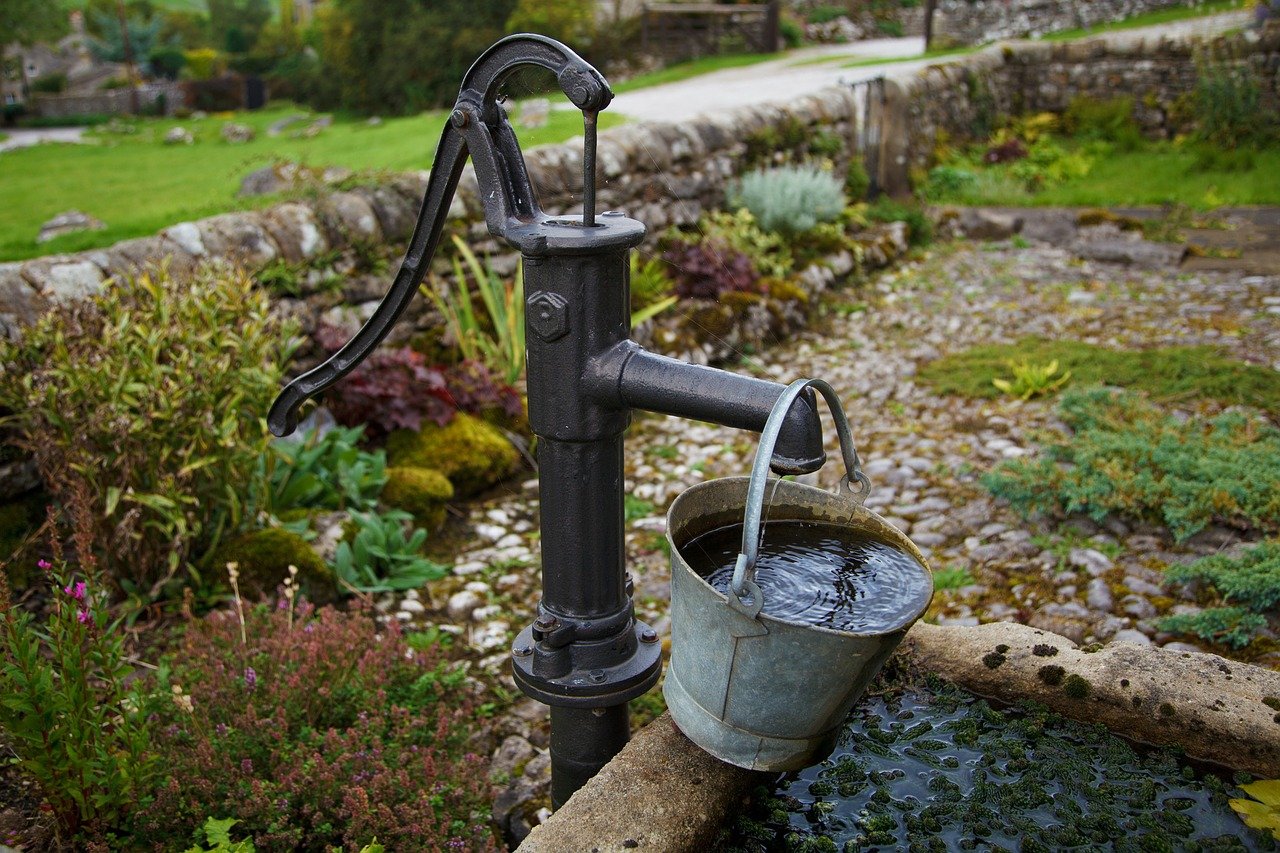
Power Sector
Agricultural Sector
Residential Sector
Population Sector
Excellent!
There's room to learn!
Choose one human factor that impacts floods:

Ocean currents
Building homes and/or buildings on floodplains
Heavy precipitation
Climate change
Excellent!
There's room to learn!
Which of the following is a greenhouse gas?
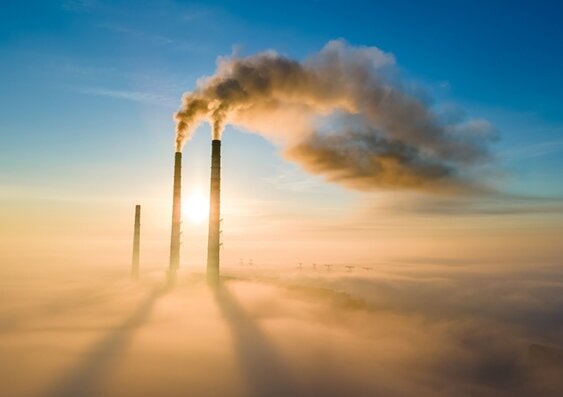
Oxygen
Sulfur dioxide
Water vapor
All of these
Excellent!
There's room to learn!
Which renewable energy uses the most water?

Solar PV panels
Wind turbines
Geothermal systems
Excellent!
There's room to learn!
Now, let’s see what you do!
Do you turn off the lights when you leave a room empty?

Yes
No
Excellent!
There's room to learn!
Do you unplug devices such as chargers or kitchen appliances when not in use?
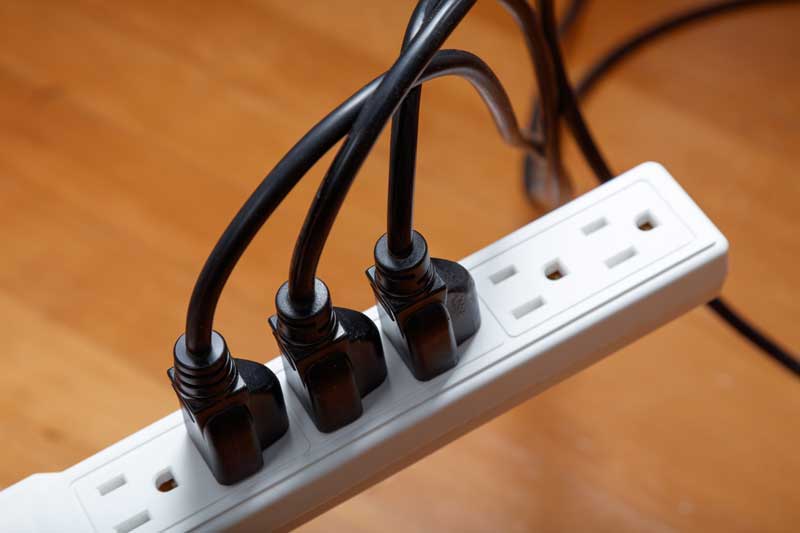
Yes
No
Excellent!
There's room to learn!
Do you set the water temperature on your washing machine to cold?
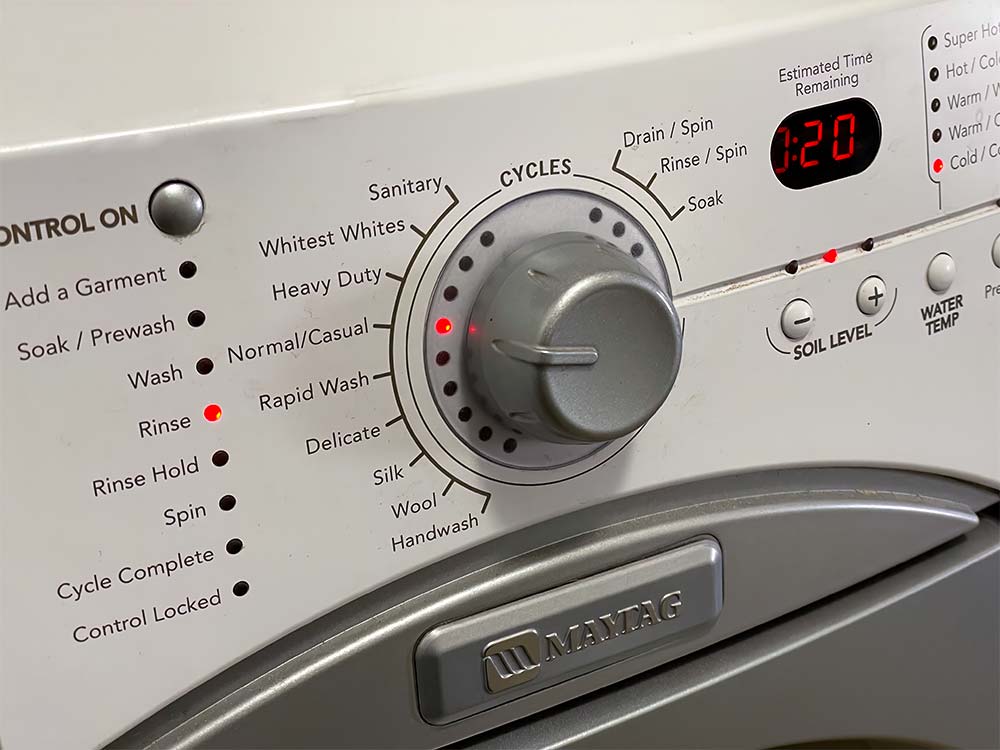
Yes
No
Excellent!
There's room to learn!
Are all the liquids being stored in your refrigerator covered?

Yes
No
Excellent!
There's room to learn!
Do your outside doors and windows have weatherstripping to prevent air leaks?

Yes
No
Excellent!
There's room to learn!
Do you run the dishwasher only when it’s completely full?

Yes
No
Excellent!
There's room to learn!
Share the quiz to show your results !
Subscribe to see your results
the resourcefulness quiz
You got %%score%% of %%total%% right
%%description%%
%%description%%
Loading...
featured story
solutions
Source Switching
September 26, 2024
There are many possible technical solutions to problems at the energy-water nexus. One suite of those options includes source switching: switching to energy sources that use less water and water sources that use less energy. Source switching has been utilized before to solve resource problems. In response to the oil shocks of the 1970s, rampant […]
learn morestart here

Why Should We Care?
Energy and water are inherently related to every significant challenge of the 21st century from climate change and national security to food production and transportation. Still, the term can be ambiguous because “energy” and “water” are not subjects studied in school like mathematics or history. We go about our lives expecting water to be readily available, cars to run when we start the ignition, and apps to download at the push of a button. Energy is fundamental to how we live and who we are, yet most of us remain in the dark about how and why it all happens.
learn more
The World’s Biggest Challenges
Richard Smalley was a brilliant thinker, a Nobel Prize winner, and a professor at Rice University. He and his team discovered buckminsterfullerene, nicknamed the bucky-ball, a very complicated chemical structure with the formula C60. The name of their discovery honors Buckminster Fuller, the futurist, architect, and early environmental activist, who designed houses shaped like geodesic domes and coined the phrase “spaceship Earth.”
learn more
Water is Life
Water and civilization go hand-in-hand. The idea of a “hydraulic civilization” argues that water is the unifying context and justification for many large-scale civilizations throughout history. For example, the various multi-century Chinese empires survived as long as they did in part by controlling floods along the Yellow River.1Fred Pearce, When The Rivers Run Dry: Water—the Defining Crisis of the Twenty-First Century (Boston: Beacon Press, 2006). One interpretation of the hydraulic theory is that the justification for concentrating populations into large cities is to manage water. Another interpretation suggests that large water projects enable the rise of megacities.
learn more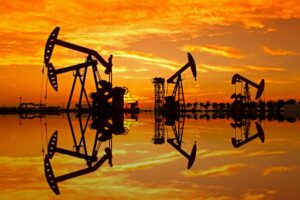
Energy, Water, Wealth, and Freedom
As the building blocks of industrial processes and agricultural production, energy and water foster wealth creation and prosperity. Conversely, the consumption of energy and water also increase with wealth. For example, the United States is responsible for approximately 20% of global energy consumption and about 20% of the global economic activity.1For global statistics on energy consumption, see the International Energy Agency’s databases and reports. In fact, energy consumption and economic activity have a roughly linear relationship. In other words, countries with higher per capita energy consumption have higher gross domestic product.
learn more